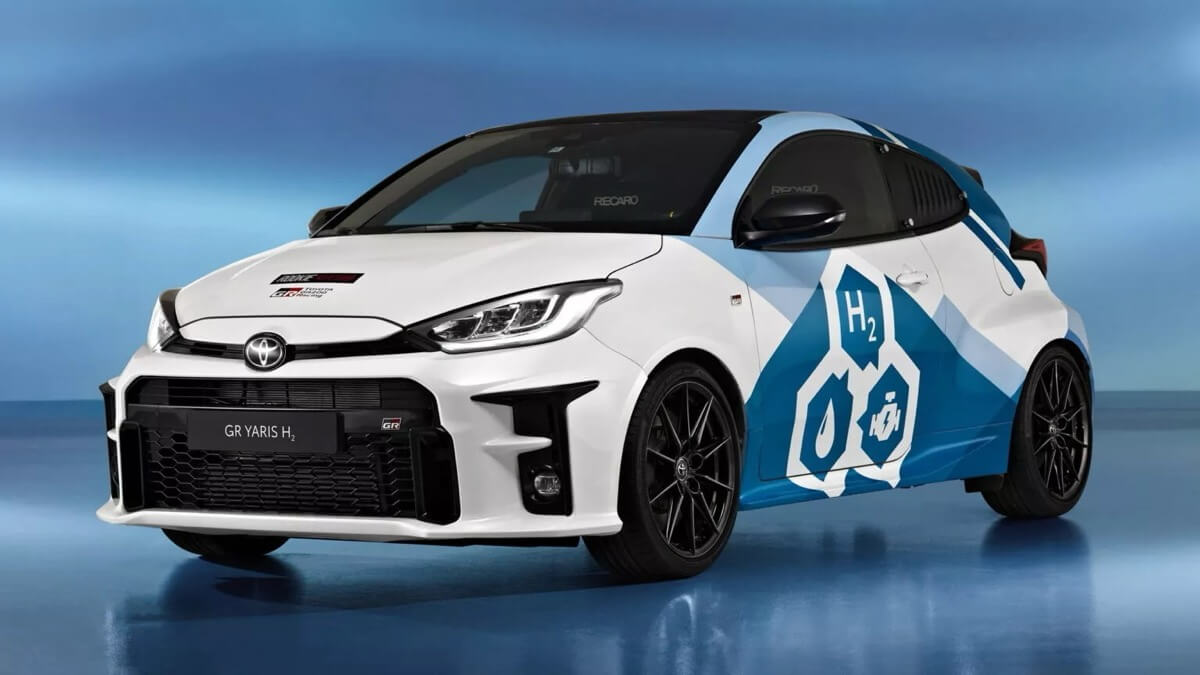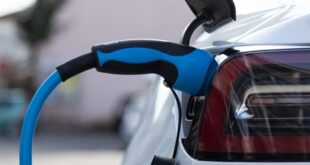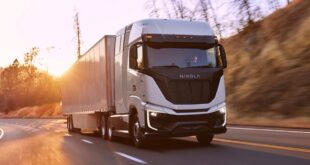Here’s how Toyota wants to make the shift towards zero emissions while maintaining the thrill of traditional sports cars.
Toyota’s Gazoo Racing division is charting a unique course in the automotive industry’s move towards zero-emission vehicles. While many automakers are focusing on battery electric vehicles (BEVs), Toyota sees hydrogen as a key ingredient in keeping combustion-powered sports cars alive. This approach aligns with Toyota’s broader strategy to explore a variety of emissions-reducing technologies.
Masahito Watanabe, head of Gazoo Racing, emphasized Toyota’s commitment to the internal combustion engine (ICE), albeit powered by hydrogen. “We still think the internal combustion engine has some potential,” Watanabe stated in an interview with Autocar. He added, “We don’t want to give up. It’s not over just yet.”
Despite the potential of hydrogen combustion engines, Watanabe acknowledges significant challenges, particularly the global lack of hydrogen filling stations. To tackle this, Toyota Motor Europe has established Hydrogen Factory Europe, aimed at accelerating the commercialization of hydrogen technology and infrastructure. This initiative positions Europe as a potential leading hydrogen market.
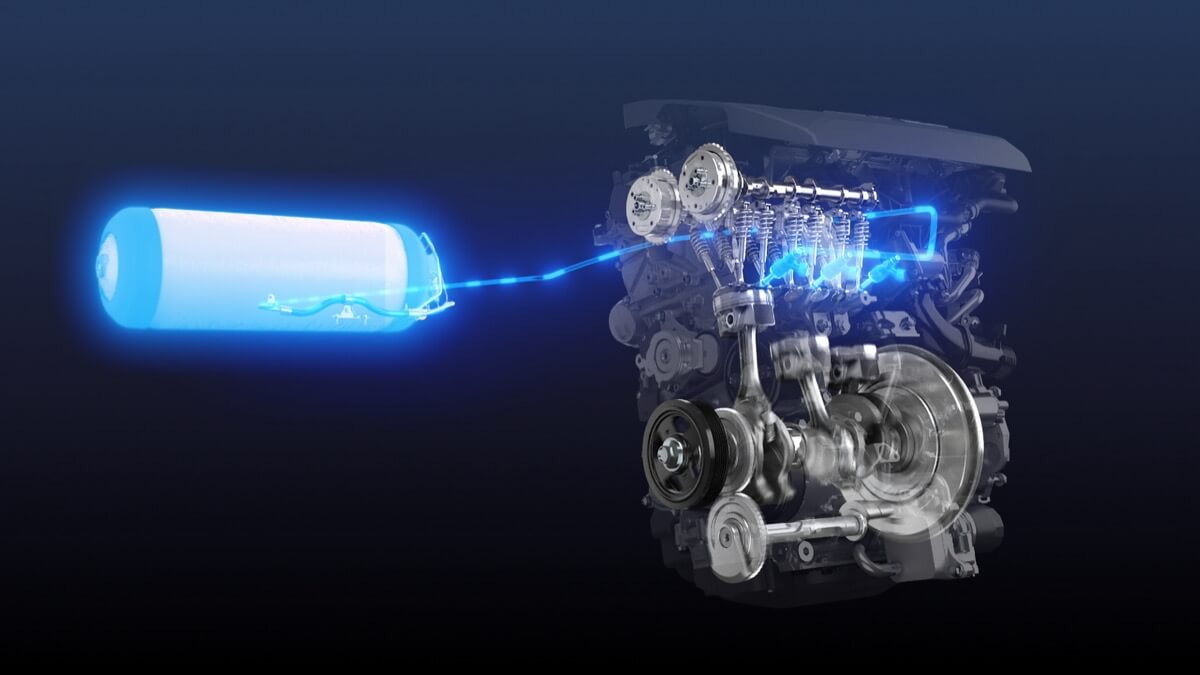
Watanabe’s vision includes not just sports cars but a range of heavy-duty transportation solutions, including trucks, buses, and shipping, all powered by hydrogen. However, he admits that it will take time before hydrogen combustion engines can be commercialized due to current infrastructure limitations.
Toyota has already begun demonstrating the potential of hydrogen in motorsports, with hydrogen-fueled versions of the GR Yaris and GR Corolla participating in endurance races. These efforts serve as a testing ground for hydrogen technology in high-performance scenarios.
The move towards hydrogen reflects Toyota’s broader commitment to a variety of environmentally friendly technologies. Alongside hydrogen combustion engines, Gazoo Racing will continue developing hybrids, hydrogen fuel-cell electric vehicles, and pure-electric powertrains. Toyota’s experimentation with hydrogen ICE is already underway, with a GR Corolla completing a 24-hour race in the ENEOS Super Taikyu Series this year.
In contrast, Toyota’s FT-Se concept car, a BEV, shows the company’s capability in electric performance vehicles. However, the focus on hydrogen suggests that Toyota is not ready to fully commit to a purely electric lineup, especially for its performance-oriented models.
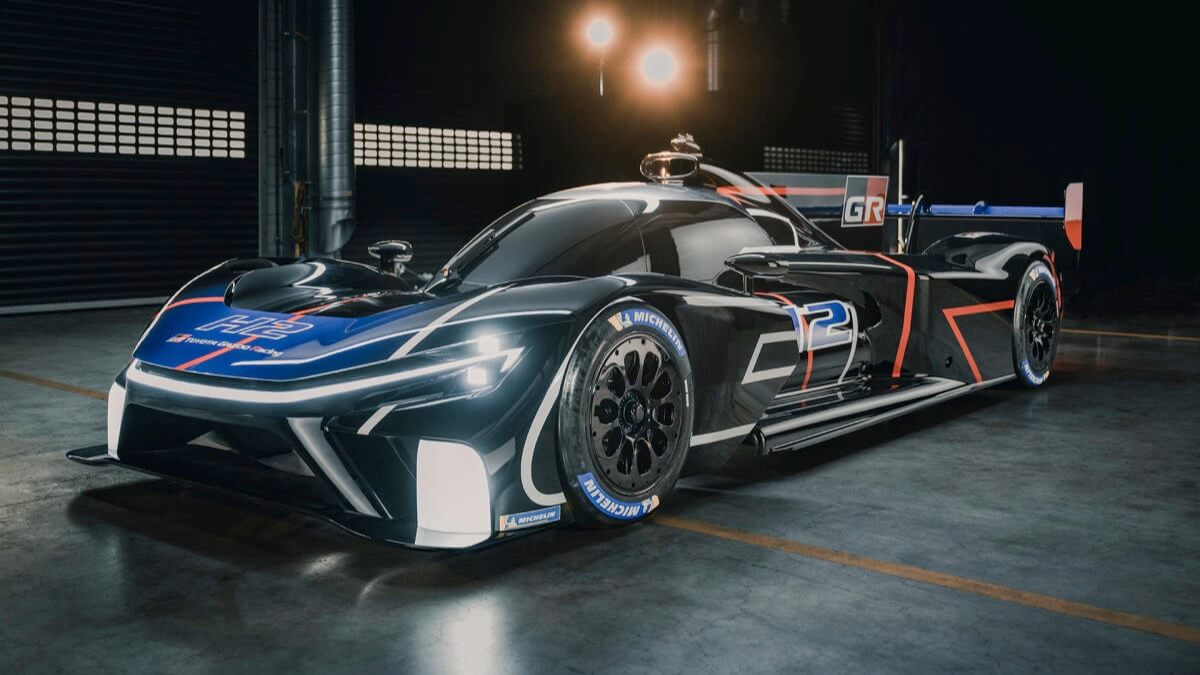
Toyota believes that hydrogen can eventually become a viable fuel source in key markets like Europe, the United States, and Japan, thanks to growing government and private sector investments. This development would allow for a wider range of consumer choices, including zero-emission vehicles that retain the thrill of traditional ICE sports cars.
Indeed, Toyota’s investment in hydrogen technology represents a unique approach to preserving the excitement of sports car driving while contributing to a more sustainable future.


